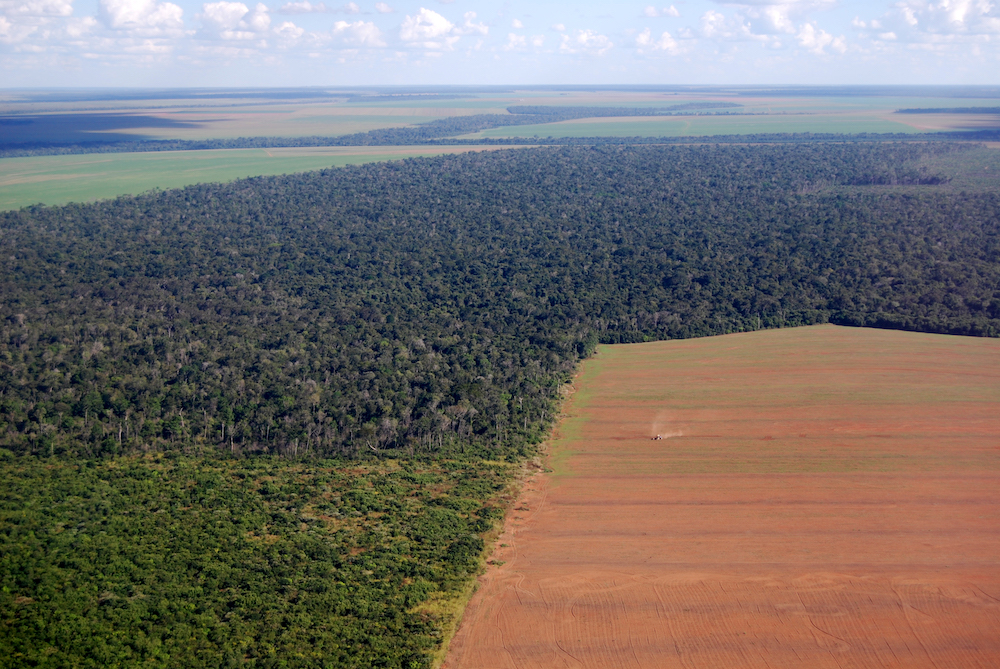3Keel coordinates industry response to latest Brazilian deforestation legislation
5th May 2021
Today 3Keel sent an open letter to the National Congress of Brazil, signed by nearly 40 major companies across the food industry including Tesco, Sainsbury’s and Greggs. In our role as the representative of the Retail Soy Group – and following client requests for support – we convened and drove support for the letter, which voices strong concern over the proposed deforestation bill.
The letter references the events of the past year, in which Provisional Measure 910, then reshaped to PL 2633/2020, was proposed – aiming to amend legislation on land regularisation and grant property titles to those occupying deforested land. At the time, 3Keel sent a similar open letter on behalf of UK food producers and retailers, noting that the bill would “encourage further land grabbing and widespread deforestation”. As a result of strong local and global opposition, the bill was eventually withdrawn.
Since then however, a series of circumstances have resulted in extremely high levels of forest fires and deforestation in Brazil, while targets to reduce these levels, as well as the enforcement budgets available to deliver them, have become increasingly inadequate.
Despite strong narrative and rhetoric presented internationally by Brazil, as recently as the April 2021 summit with US President Joe Biden, the same measure that was responded to last year is now being put forward again as the legislative proposal PL 510/21 – with potentially even greater threats to the Amazon than before.
The letter urges the Brazilian government to reconsider its proposal, noting that existing protections and land designations enshrined in Brazilian legislation have been instrumental in maintaining trust in products, services, investments and business relationships in Brazil, demonstrating alignment with commitments made by environmentally and socially responsible enterprises, and meeting expectations from customers and stakeholders.
The letter also acknowledges the need for both economic development and the upholding of the rights of Indigenous Peoples and traditional communities in Brazil, but highlights that these critical goals must be achieved without “putting at risk the progress that Brazil has made so far in protecting the vital ecosystems that are essential for the health of the world we all share”.
Finally, the letter closes by stating that the signatories remain open to working with Brazilian partners on supporting the development of sustainable land management and agriculture – however, if this or other measures that undermine these existing protections become law, they will have “no choice but to reconsider [their] support and use of the Brazilian agricultural commodity supply chain”.
Commodity supply chain lead
Will Schreiber




